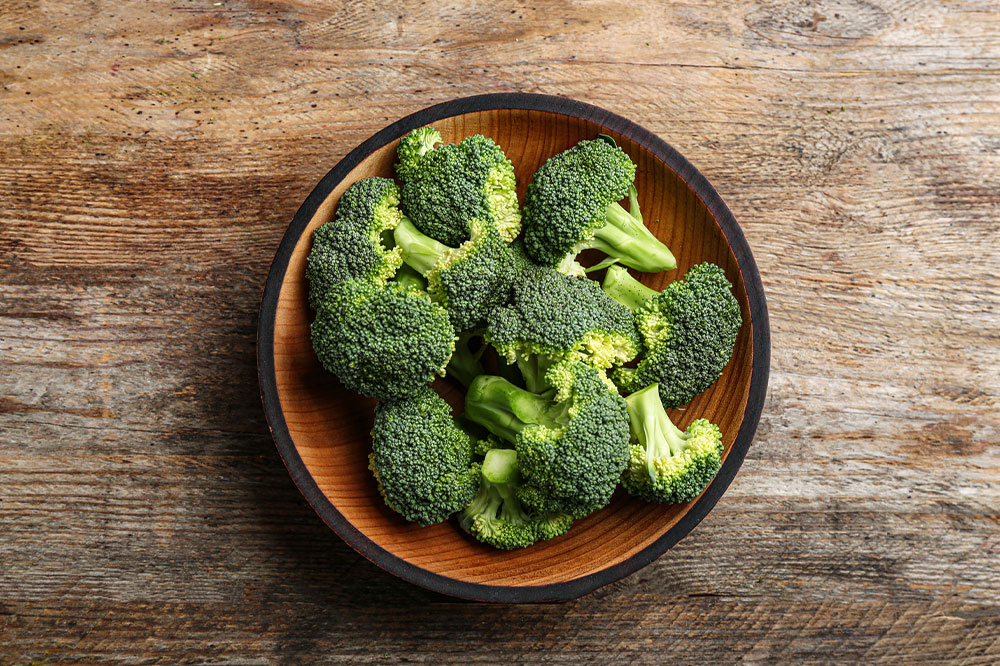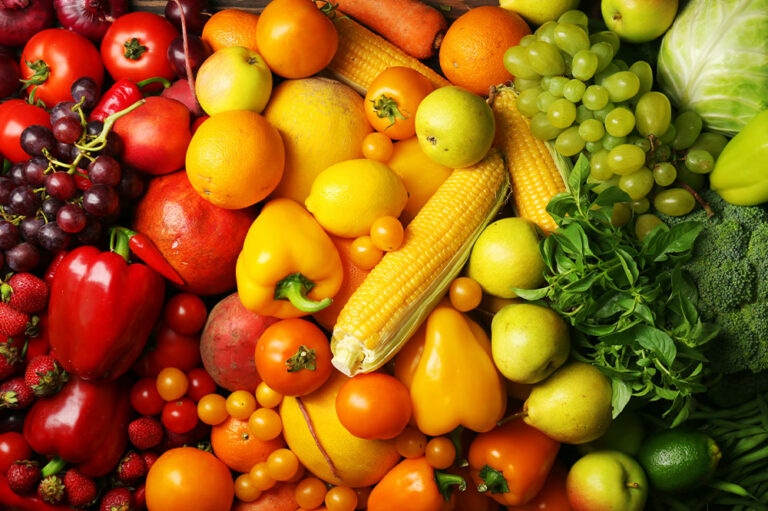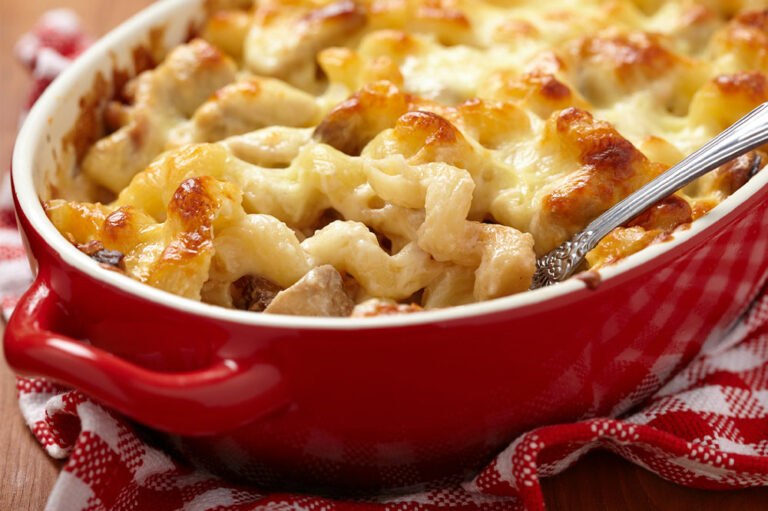
Top 11 Trigger Foods to Avoid with Ulcerative Colitis
Ulcerative colitis is a condition that can cause inflammation and sores in the digestive tract. Further, it significantly affects the colon – the innermost lining of the large intestine. While this health condition can be painful, in rare cases, it can also become life-threatening. So, healthcare professionals suggest patients stay away from potential triggers, especially certain foods. This article will elaborate on the 11 foods that can trigger ulcerative colitis.
Broccoli
While cruciferous vegetables such as broccoli are considered beneficial for the body, they can be harmful for patients with ulcerative colitis. Generally, such vegetables contain high amounts of insoluble fiber. Moreover, when consumed either raw or cooked, these cruciferous veggies can trigger gas and bloating. So, in addition to broccoli, it is suggested that people with digestive issues avoid adding cabbage, cauliflower, and sprouts to their meals.
Beans
Quite similar to cruciferous vegetables, beans are rich in fiber, which can lead to problems like bloating and gas, thus triggering a flare-up. Therefore, healthcare professionals recommend eliminating beans from one’s meal plan to manage ulcerative colitis. But, in cases where patients cannot steer clear of it, they must try different preparations and limit the intake. For instance, one can remove the outer layer of chickpeas to ease the digestion process.
Corn
Corn or corn kernels are known for their health benefits such as managing blood sugar and regulating bowel movements. However, these kernels contain insoluble fiber that cannot be digested by the human body and can cause issues like diarrhea. So, as an alternative, it is suggested that patients with ulcerative colitis or ones experiencing an active flare-up opt for easily digestible foods such as bananas, potatoes, and white rice.
Chocolate
The prominent ingredients of chocolate are caffeine and sugar, both of which can trigger an ulcerative colitis flare-up. In most cases, patients have noticed that these ingredients cause cramping and increase bowel movements. Therefore, those experiencing an active flare-up or living with the condition must stay away from chocolate.
Cake
Food items such as cakes and pastries often contain high amounts of added sugar, which can trigger flare-ups. When one eats such foods, the added sugar can change the balance of gut-based bacteria and cause inflammatory bowel disease-like symptoms. In addition to this, the processed or refined sugar found in such food items can spike blood sugar levels and cause an increase in inflammation. As a result, people with ulcerative colitis are advised to opt for alternative foods such as cantaloupes and other cooked fruits.
Peanuts
Just like high-fiber foods, peanuts and other nuts in their raw form cannot be broken down well by the digestive system. This can cause patients to feel a sense of discomfort during both digestion and bowel movements. Besides, nuts are allergens that can trigger a response in some people, so, it is best to steer clear of this food item. Nevertheless, if one wishes to eat peanuts, they can ground them into smooth butter that can be added to smoothies.
Raw onions
Raw onions are one of the common foods that can trigger ulcerative colitis as they contain fiber that cannot be digested easily. Additionally, these veggies can cause gas, which can lead to stomach pain in some people. As an alternative, one can opt for other herbs such as basil, thyme, and parsley to add flavor to their meals. If needed, one can even cut onions into small pieces and cook them thoroughly to reap the maximum benefits of the food.
Tomatoes
Even freshly picked tomatoes are acidic in nature, which can irritate the intestinal lining. Moreover, tomato seeds can prove to be incredibly difficult to digest for ulcerative colitis patients. So, one can either limit the intake of tomatoes to half a cup or opt for other alternatives, such as squash, which can be consumed in the form of soup.
Coffee
The main ingredient of coffee – caffeine, is a stimulant that can make way for problems such as abdominal pain and diarrhea. Furthermore, coffee has chlorogenic acid, which can lead to an increase in the production of stomach acids and cause heartburn. In addition, if one is used to having large amounts of coffee throughout the day, it can leave one dehydrated, worsening the symptoms of the condition. Therefore, it is best to avoid such triggers that can cause an ulcerative colitis flare-up. Alternatively, one may peel off the outer layer of cucumbers and squash and prepare a healthy snack option.
Soda
Most carbonated beverages such as soda contain high amounts of artificial sweeteners – a definite ulcerative colitis trigger. Additionally, they contain caffeine, which can increase bowel movements and gas and the bubbles in these beverages can also cause one to feel bloated and have cramps. So, people with ulcerative colitis are advised to keep away from such beverages that can irritate the gut lining and increase the risk of inflammation and flare-ups. Instead, they are suggested to opt for fresh fruit juices like grapefruit, oranges, and other citrus fruits to keep themselves hydrated.
Milk
People who are lactose intolerant can experience inflammatory bowel disease-like symptoms when they consume milk and other dairy products. This is because milk contains certain proteins called casein, which can lead to intestinal inflammation and other gastrointestinal issues, such as bloating, abdominal pain, and diarrhea. Thus, ulcerative colitis patients are suggested to either completely avoid milk and dairy products or limit their intake to keep flare-ups at bay.
The above foods can trigger ulcerative colitis as well as Crohn’s disease, both of which are inflammatory conditions. However, one must keep in mind that ulcerative colitis and Crohn’s disease are different health conditions related to the digestive tract. While both of them have similar symptoms such as rectal bleeding and diarrhea, the former affects the lining of the colon, the latter causes chronic inflammation of the complete gastrointestinal tract.







